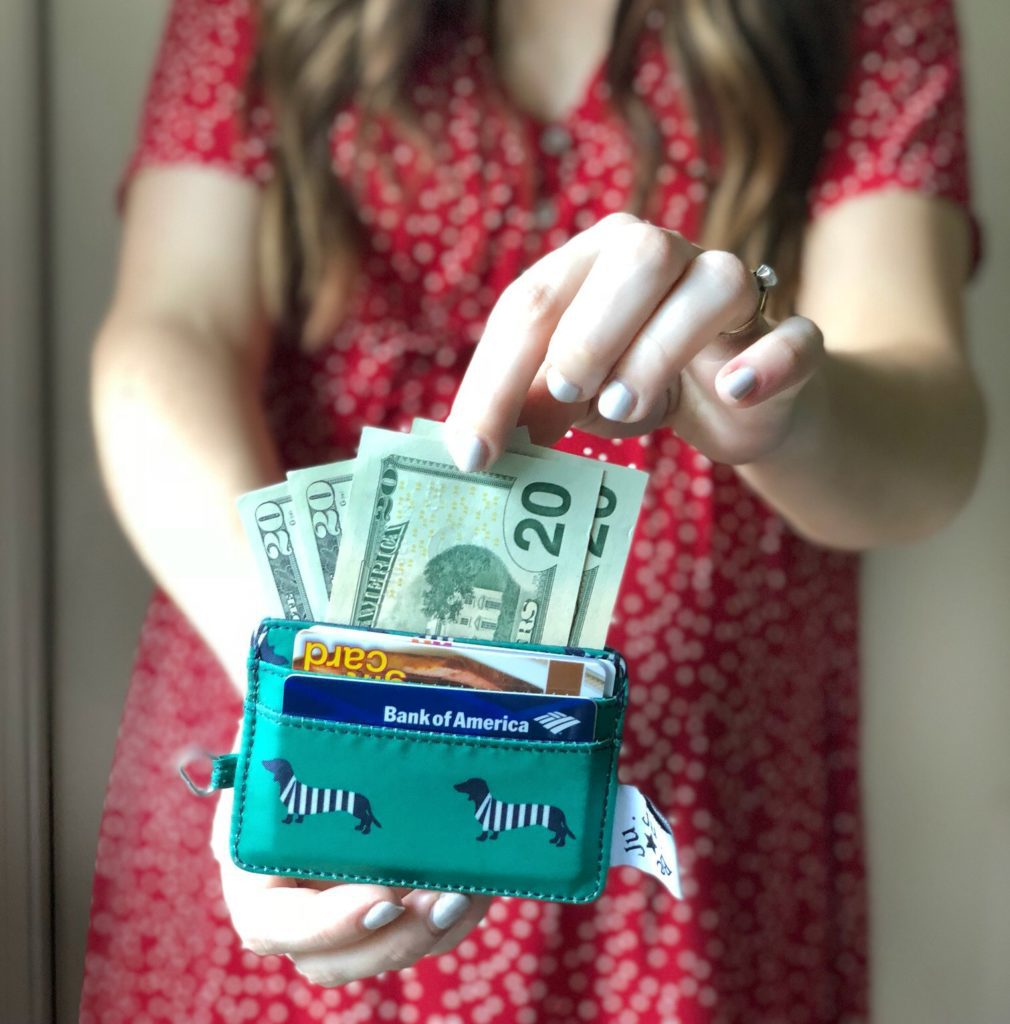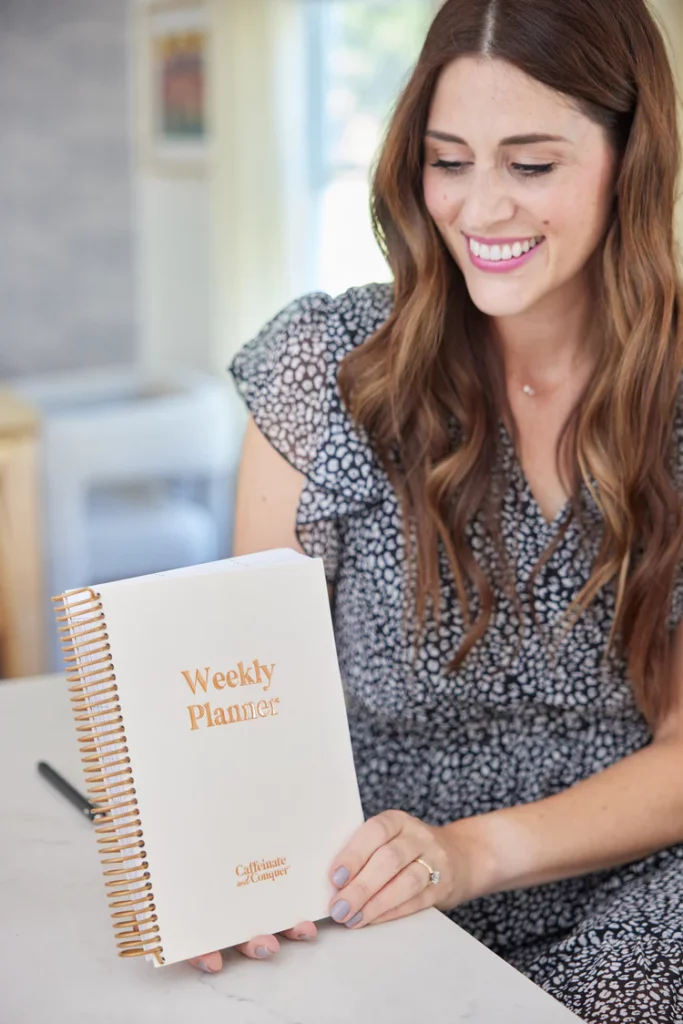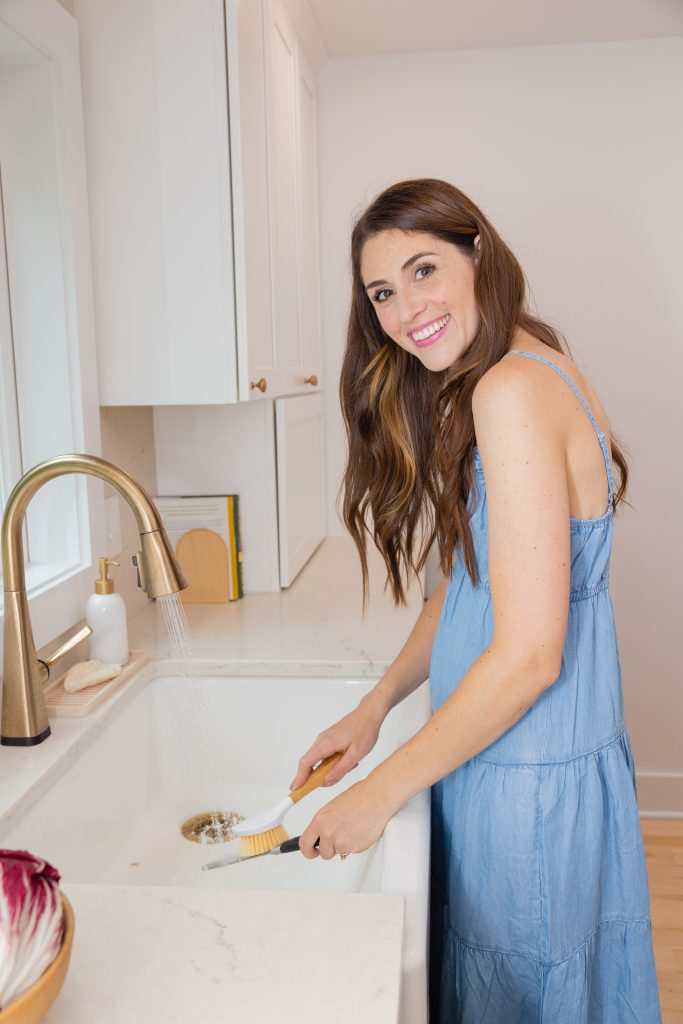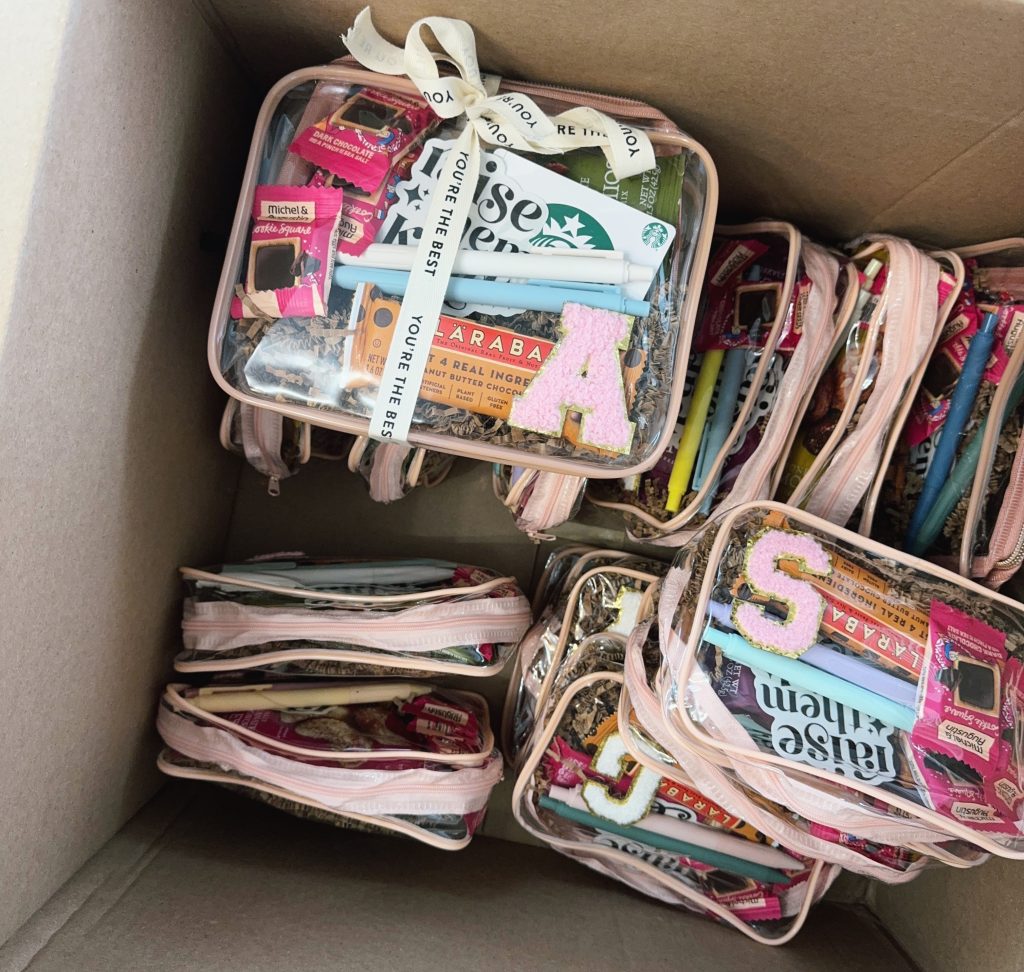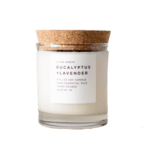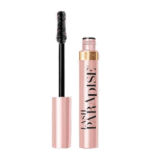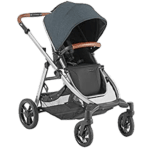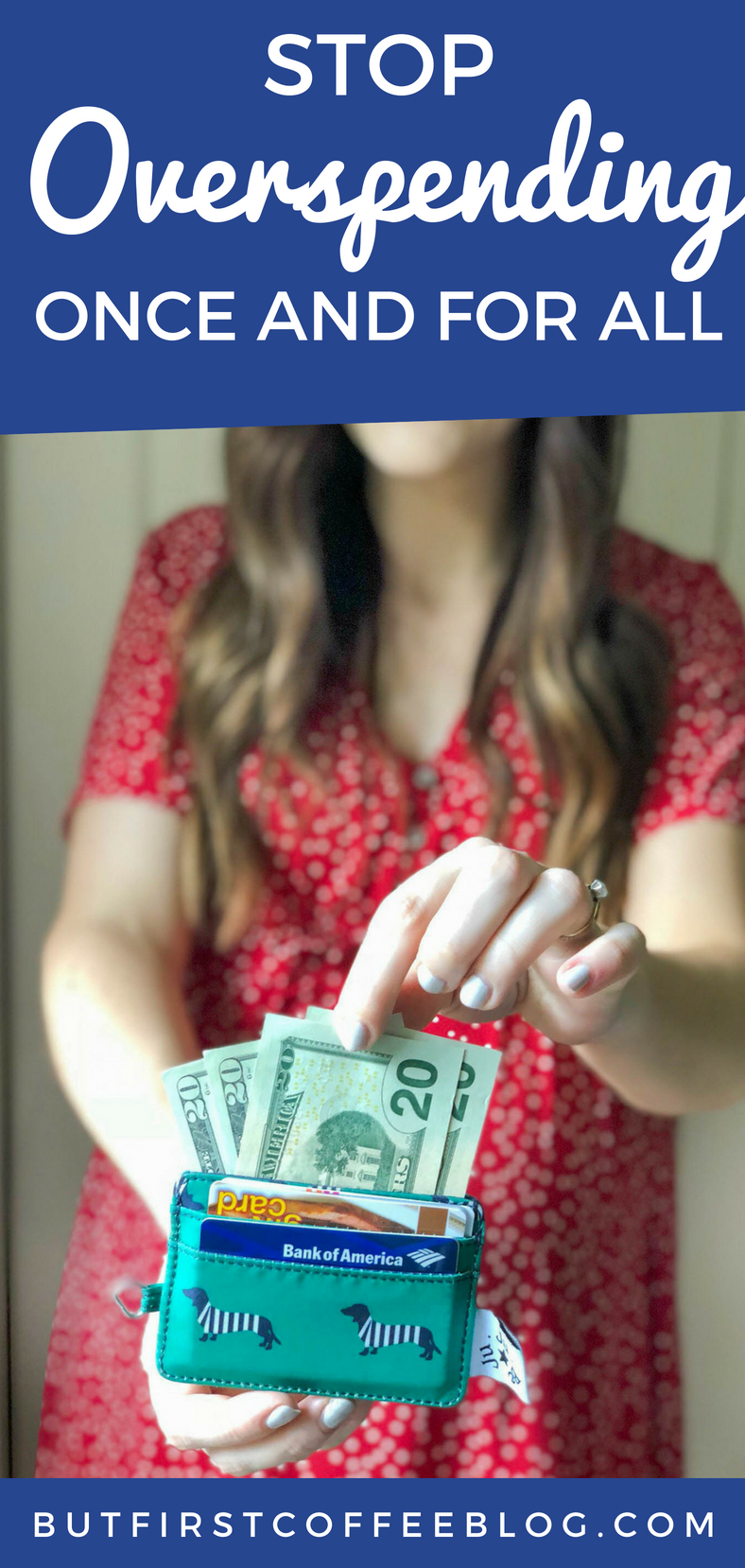
One of the most common questions I get about saving money, paying off debt, and creating a budget is for advice on how to prevent overspending. In a recent article by CNBC, they cited that millennials have about $42,000 in debt on average, and most of it ISN’T from student loans. That’s right, the article states that credit card debt makes up the largest chunk of debt. And, as the CNBC article explains, in America debt is on the rise -the average debt per person is up $1,000 from just one year ago — even though most people have a strong desire to pay it off.
So, why do we have more debt than ever before – and growing? I’d reckon it’s a couple of things. First, there are the obvious ones. Student loans grow higher and higher every year leaving newly graduated students with hefty monthly bills. Next, the average home cost is sky high compared to the generations prior. And, of course, add in general inflation on things like groceries. All these things put a strong financial burden on the average American.
However, I also believe there’s another problem besides just the general increase in prices for education, housing, and food. I think we also have a general spending problem. Never before in our history have products been so available to us. We can order pretty much anything on Amazon in a single click and get it delivered to our door in 2 days. We can see a celebrity we like wearing something and then simply swipe up to purchase it for ourselves. Sales and deals pour into our email inboxes multiple times a day. Targeted ads bombard us endlessly about new products that we would like and companies that match our demographics. Then, add to that a strange social pressure from social media to always feel like we need to have the latest and greatest, and you’re left with what, in my opinion, is the biggest financial problem of our generation: overspending.
One of the biggest financial problems of our generation isn't student loans or home prices, it's overspending. Click To Tweet
So, what can you do to combat this? Between social pressures, general self-control, and everything we could ever want at our fingertips, how can we cut back on our spending once and for all? I’m going to break down some of the ways I’ve done it, and hopefully it can inspire you to do the same. Taking control of your spending is the FIRST step to being more financially secure. And, without the ability to do so it’ll be impossible to set a budget and pay off debt.
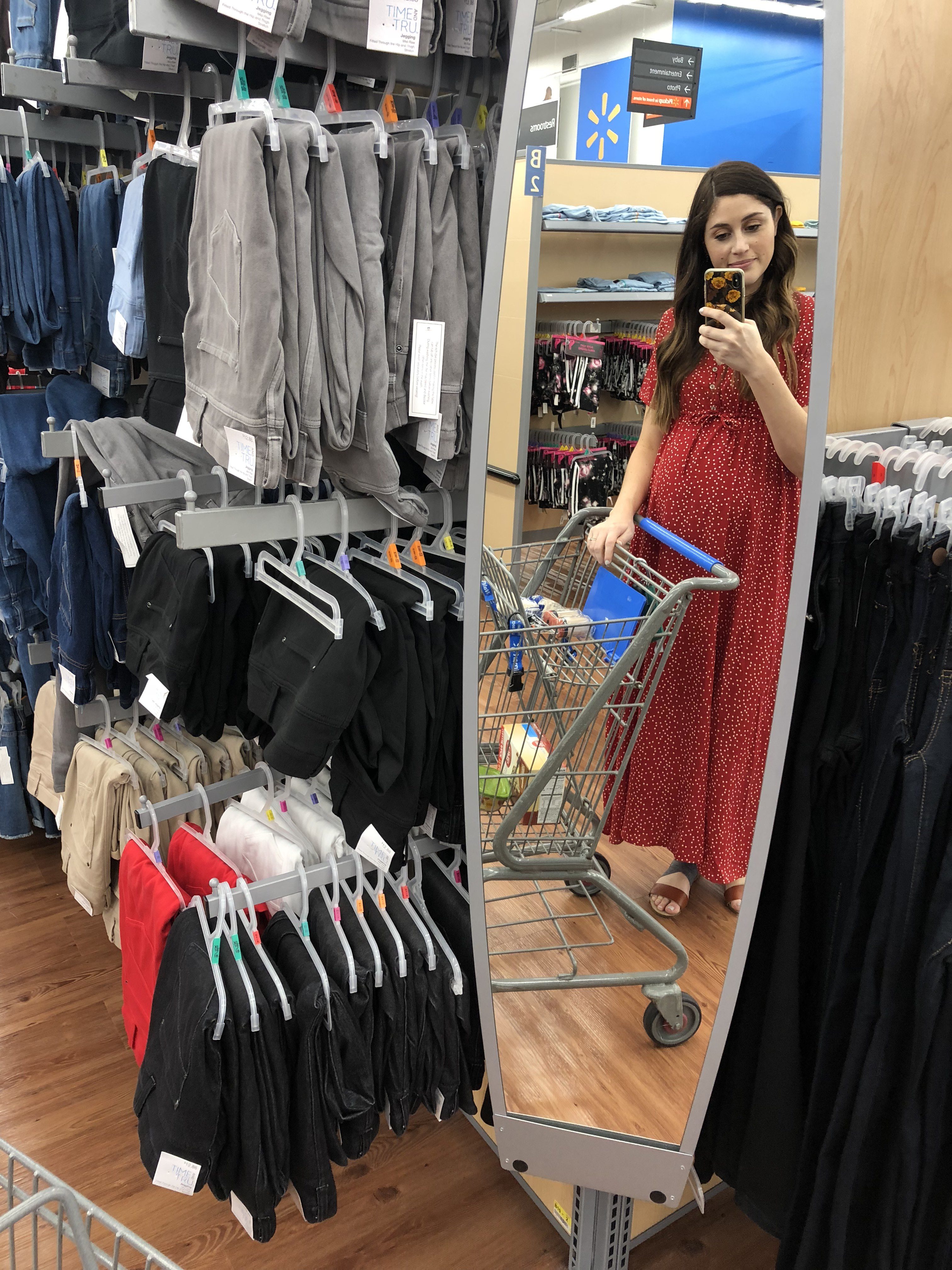
Admit that you have to cut back
Spending less might also mean doing less, traveling less, attending less, etc. At first, this can be a hard pill to swallow. Our lifestyles have become accustomed to “go, go, go.” We pack our weekends and our nights. We travel as if it’s a requirement and not a luxury. We eat out for meals like that’s the norm. We buy new outfits like it’s a necessity. But the truth is if you’re overspending it’s probably because you’re over-obligating yourself.
If you TRULY want to reduce your spending, you need to get real and look at where you can cut back. And then you need to make the commitment to do it.
Let me give you two examples:
- Eating Out: When my husband and I first started cutting back on spending one of the first things we did was cut back on eating out. We had grown accustomed to eating out 2-4 times a week until that became the norm. We had Thursday date nights, then usually went out again Friday or Saturday night (because weekend), and then throw in a lunch date one day and a take-out pizza another and we were eating out multiples times a week. You get accustomed to spending $30 here and $50 there until it feels normal. But, when you sit back and add up HOW MUCH you spend on food out, it becomes apparent quickly that it’s a place where money is literally oozing from your bank account. Give yourself limits. We cut back to one meal out a week in the beginning to reset our eating out habit. At first, it was hard. But within about 4-5 months we actually found we enjoyed eating at home more than eating out. We also made a list of places in our area that aren’t as expensive to eat out at and try to stick to those and avoid the spots that are overpriced. Simply making the right choice one WHERE you eat can be the difference between a $25 bill and an $80 one.
- Traveling: I believe travel is extremely important. It’s important to see the world and experience new things. However, I also believe travel has become something we’ve come to expect as a necessity and not view as the luxury it is. We can probably thank social media for this. We see people traveling constantly and believe that this is the norm. But, the truth is, traveling is expensive and should be considered as a luxury in life, not something that’s necessary. Even a day trip to New York City can cost you a few hundred dollars once you add up all the costs of transportation, meals, entertainment, etc. Make than an overnight trip and you’re suddenly spending over $500 for 36 hours. I certainly believe we should make room for traveling in our budgets but find smarter ways to do it. Before any trip I’m considering taking, I write down a realistic list of how much it’ll cost: hotel, airfare, transportation, Ubers, breakfast, lunches, dinners, going out, entertainment, other travel expenses (such as paying someone to watch the dogs). I literally write down EVERY dollar I can think of and don’t sugarcoat anything. This is typically a sobering experience when you see that your “quick weekend getaway” is suddenly adding up to way more than you might think. You can tackle this in a few different ways. Maybe you learn to travel cheaper by giving up the luxury of nice hotels and eating at the hip restaurants in the area. Or, maybe you cut back on how often you travel each year and learn to say no to every travel opportunity that arises.
The hard truth remains, you’re going to need to look out for places you can cut back and then commit to doing it. This does involve saying “no” to things. At first, giving up these things WILL be hard. You will feel like you’re missing out. But trust me, as you stick with it it will become your new normal. And, you’ll probably find you start to appreciate the things you do more because you do them less often.
If you TRULY want to reduce your spending you need to get real on where you can cut back and then make the commitment to do it. Click To TweetGet Honest with Yourself
If you need help with overspending some of it is going to be admitting to yourself that YOU spend too much. It’s time to put the blame game away and stop blaming outside forces for why you keep spending. Yes, there will always be things that cause us to spend: a friend’s birthdays, weddings, car repairs, medical costs, home maintenance, etc. etc. But, we need to stop using these as an excuse as to why we overspend.
You need to get strict with yourself. Don’t just willingly hand over your money to unnecessary things and simply justify it as a need-to-purchase item. When you start looking for places you can cut back, you’ll actually find them hidden all over the place. Stop justifying every purchase and be honest with yourself on what you need to spend on and don’t. It just becomes giving yourself the grace to say “I’m not going to spend my money on this,” or empowering yourself to say, “I do not ACTUALLY need to spend my money on this.”
How To Stop Overspending Once and For All Click To TweetWrite Down Everything You Buy
This is sort of like calorie counting or weight watchers, but for your money. With 1-2 different credit cards and a debit card, it can be easy to lose track of how much you’ve spent. One of the first things I suggest people do when creating a budget is write down every dollar that’s spent and what it was spent on.
This step usually stops most people dead in their tracks. If we’re already overspending, the last thing we want to do is look at our credit card statements. But, let me empower you by saying you shouldn’t feel embarrassed by your financial mistakes. A lot of people make them. So feel empowered to do this as a step towards being more financially strong instead of as a blow to your ego. This is the only way you’ll gain a good grasp on what you’re currently spending and where the overspending in your budget it happening. As I explain in my creating a budget post, you want to write down every dollar that’s spent every week and exactly what it was spent on.
The point of this is to really look at your spending to find the trends. It allows you to identify the biggest culprits of your money loss every month. It also empowers you with the knowledge of knowing how all the little transactions over the month add up.
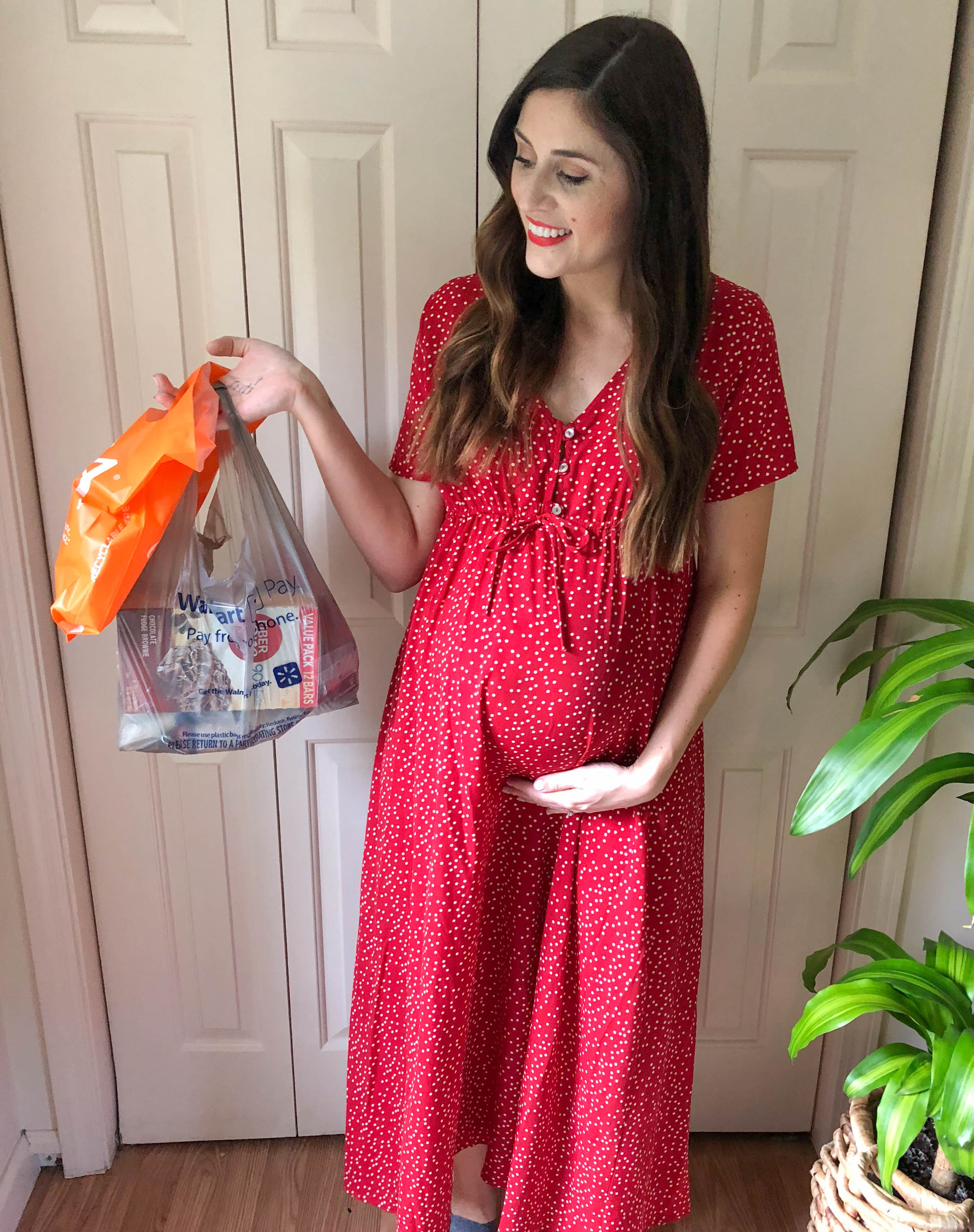
One thing in, one thing out
When I initially wanted to cut back on clothing spending I instated a simple rule: when one thing comes in one thing goes out. Having a rule that requires me to remove one item in order to add a new one makes me really think hard about each purchase. Do I really want this? Is it better than something else in my closet – what will have to leave to make room for this??
Try creating the same rule for yourself on things you overspend on – very often this is things like our wardrobe, shoe collection, makeup collection, home decor, etc. It’s an easy trick to help you avoid overspending on material items.
Unsubscribe from the tempting offers
I used to be signed up for all my favorite brand’s emails. Sure, it is a great way to be in the know about deals/sales. But, what I found was these tempting deals and flash sales constantly bombarding my inbox ultimately led to me buying things I didn’t need. I mass unsubscribed from pretty much EVERY email newsletter over a year ago. I don’t get notifications for every sale which has decreased how much on spend on things I didn’t even need in the first place.
This same idea goes for other areas of your life. If you find you’re spending a lot due to Instagram, stop following the accounts that cause you to spend. Or, if catalogs in the mail are the culprit, unsubscribe from them.
Have a “no spend” month
Sometimes we just need to reset our spending habits. Challenge yourself to a month of NO spending (besides the bare essentials like groceries and gas.) No clothing, no cosmetics, no happy hours, no home items, nothing. Just like with a diet like Whole 30, the first week is the hardest but by the end of the 30 days, you’re managing it pretty well. And, just like a diet, it resets your habit to what feels “normal.”
It can also create new, good habits. Usually, when you have a no spend month you’ll find you saved a ton of money. Maybe you use it to pay off debt or put away for savings. I find in the months after a no spend months I am more conscientious about my spending because I am motivated by how good it felt to save during the month I didn’t spend.
Avoid living outside your means
I think most of the above tips can be summarized in this one. Be honest with yourself on how much expendable income you really have every month and make it a goal not to exceed this. We can feel pressure from our peers to live within a certain lifestyle and then use our money to try to make that happen – whether it’s dressing a certain way, decorating our home a certain way, or spending money to eat out certain places. But, the truth is if you’re going into debt to fit into this lifestyle then some (most) of your peers probably are too. Don’t assume you’re the only one struggling to make ends meet. Stop trying to fit into a lifestyle you believe all your peers are in by spending your money to sustain a level of living you can’t afford.
My hopes with this post is that it will empower you to take control of your spending. I hope that it will give you the grace to say “I don’t need to spend my money on this” or it’ll equip you with the power you need to say no to things that will cause you to spend outside your means. For some more inspiration, make sure to read my post on How to Create a Monthly Budget and Stick to It, and my post on How I paid off $70k in Debt in 1 Year.


